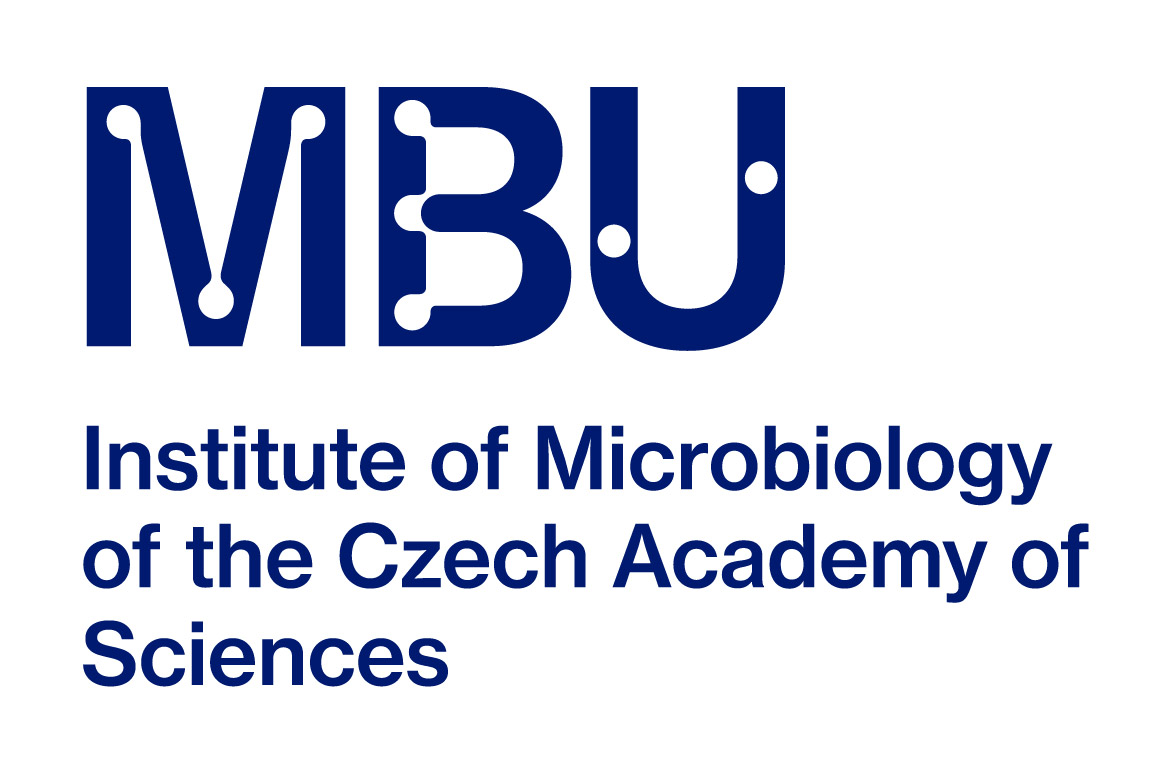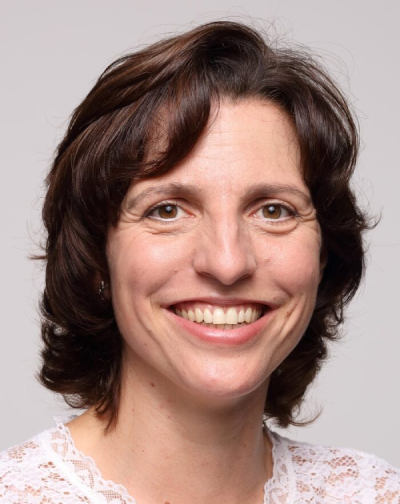- Start of Action 08/11/2010; End of Action 07/11/2014
-
Theme Abstract
Chemistry of non-enzymatic protein modification – modulation of protein structure and function
The complexity of human life arises from some twenty thousand genes, and results due to alternative splicing mechanism in approx. 100000 proteins. By posttranslational modifications these proteins are converted into an array of some 1.5 million different functional entities. Interestingly, this conversion can either be enzymatically controlled and regulated, or may have an apparently random aspect due to non-enzymatic reactions. Proteins undergo a wide array of non-enzymatic post-translational modifications. Such modifications of proteins are often determined by their environments, their structural features and by a number of protecting structures, and also by free radicals generated in their vicinity. Non-enzymatic protein modifications are, therefore, not random, but occur in a non-regulated manner and depend largely on the protein and its environment.
https://www.cost.eu/actions/CM1001/
-
Management Commitee
- Chair
- Prof. Tilman GRUNE
- Friedrich Schiller Univeristy Jena Institute of Nutrition, Dpartment of Nutritional Toxicology, Dornburger Str. 24 07743 Jena Germany
- tilman.grune (at) uni-jena.de
- Vice Chair
- Dr Caroline BARON
- Technical University of Denmark Building 221 2800 Kgs Lyngby Denmark
- cba (at) aqua.dtu.dk
- Domain Committee Rapporteur
- Prof. Gunars DUBURS
- DC Rapporteur of CM1001 CMST
- Latvian Institute of Organic synthesisLaboratory of Membrane active compounds Aizkraukles 21 LV 1006 Riga Latvia
- gduburs (at) osi.lv


 Doc.RNDr. Pavla Bojarová, Ph.D.
Doc.RNDr. Pavla Bojarová, Ph.D.